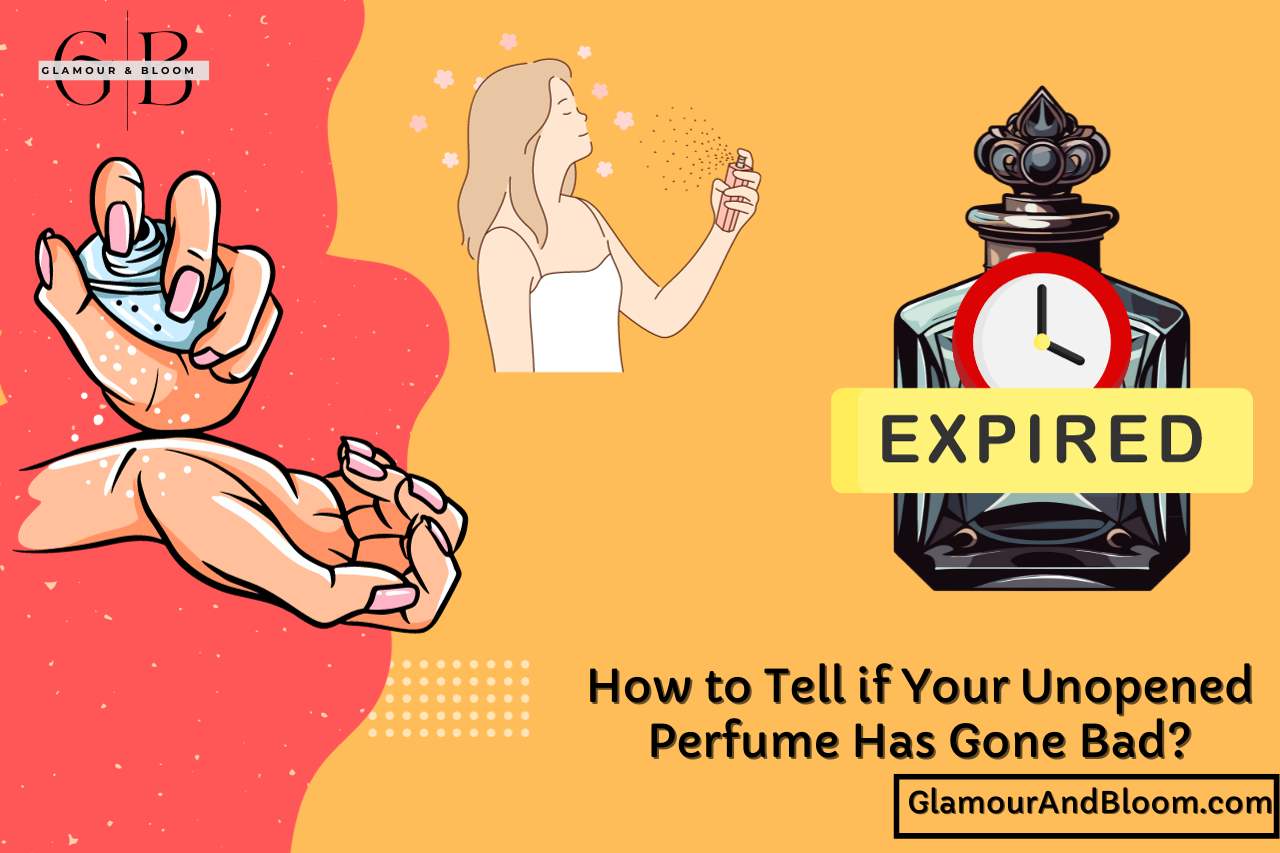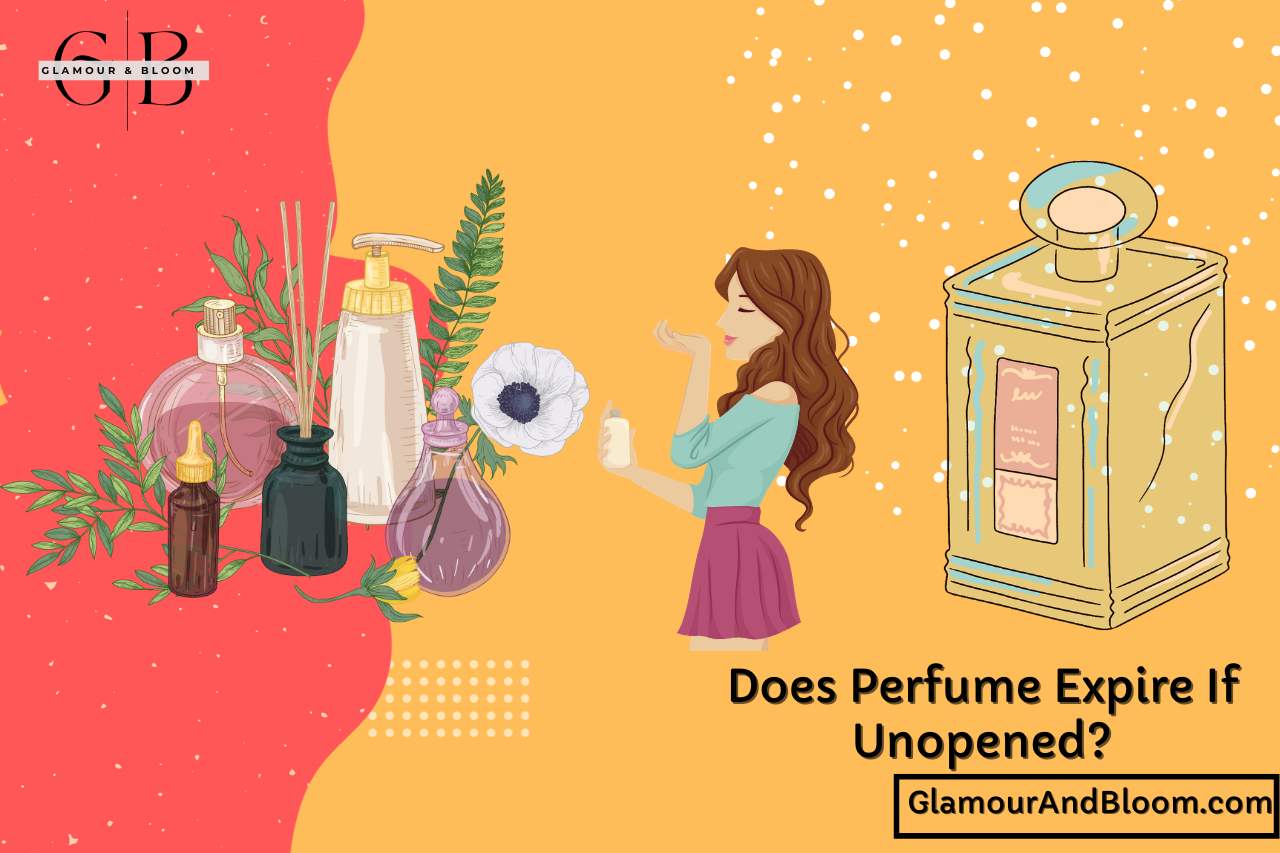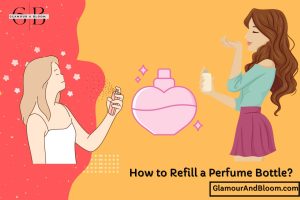“Does perfume expire if unopened?” is a question many fragrance enthusiasts from our clients have pondered when eyeing their pristine collection. Understanding your factors that influence the shelf life of your aromatic concoctions – from their chemical composition to the storage environment – is crucial. This article delves into your intricacies of perfume expiration, uncovering you how unopened bottles fare over time, the impact of storage conditions, and signs of spoilage.
Does Perfume Expire If Unopened?
Yes, unopened perfumes can expire. Well, while they don’t spoil like your food, your perfumes undergo chemical changes over time that can alter your scent, consistency, and color.
Picture this: Perfumes typically consist of concentrated oils, alcohol, and other ingredients, which all contribute to your shelf life.
An unopened bottle of your perfume generally has your longer shelf life compared to your opened one, typically lasting anywhere from three to five years and sometimes even longer, depending on your quality and composition of your fragrance.
High-quality perfumes with your higher concentration of oils (like Eau de Parfum) may last longer than those with your lower concentration (like Eau de Toilette).
Now, let’s talk about your factors influencing your expiration of unopened perfumes. These include your quality and type of ingredients used, your packaging, and your storage conditions. For instance, natural perfumes with your essential oils are more susceptible to your degradation over time compared to your synthetic fragrances.
The presence of your light, heat, and air can expedite your breakdown of your perfume components, even if your bottle remains sealed.
So, while an unopened perfume can retain its quality for many years, it’s essential for you to consider such variables. Manufacturers might not provide you with a specific expiry date, but noticing changes in your fragrance’s color or smell can indicate it’s past its prime.
In plain language, unopened perfumes don’t expire in your traditional sense, but they do have your finite lifespan where they maintain their best quality.
Understanding the Shelf Life of Perfumes: How Long Can They Last?
If you are into perfumes, you would have already known by now that Perfume longevity is your subject of interest for both you connoisseurs and you casual users. Typically, your shelf life of your perfume ranges from three to five years, though this can vary significantly based on your composition, storage conditions, and your packaging. So, what’s the scoop on perfume longevity?
The key factors that impact the longevity of a perfume include:
- Ingredients: The type and quality of your ingredients play a crucial role. Natural ingredients, though sought after for your authenticity and depth, can deteriorate faster than your synthetic ones. Essential oils, which you will find in many perfumes, are particularly prone to your changes over time.
- Concentration: The concentration of your aromatic compounds also determines your shelf life. Perfumes with higher concentrations of your fragrance oils, like your Eau de Parfum, typically outlast lighter versions like your Eau de Toilette or your Eau de Cologne, owing to your lower alcohol content and more robust composition.
- Storage: Exposure to light, heat, and air can drastically reduce your perfume’s lifespan. So, for the best results, keeping your fragrance in a cool, dark, and dry environment helps you in preserving your original composition and preventing your degradation of its notes.
Here’s an interesting titbit: Some perfumes may develop a more complex character as they age, though this is not universally true and often depends on your individual scent profile and your personal preference. Ultimately, while your perfumes do not have a definitive expiration date, their quality and character can change your over time, which is essential for you to consider when assessing your shelf life.
Factors Affecting the Longevity of Unopened Perfumes
The lifespan of unopened perfumes isn’t just about your countdown to expiry; it’s influenced by several key factors that can either preserve your scent’s integrity or lead you to its early demise. Understanding your factors is crucial for you collectors and enthusiasts who wish to keep your fragrances at their best over time.
- Composition: The formula of your perfume itself plays a fundamental role. Ingredients in your perfume, such as volatile organic compounds, essential oils, and fixatives, determine how well your perfume holds up. Natural ingredients, while desirable for your quality and scent, often degrade faster than your synthetic alternatives.
- Packaging: The way your perfume is packaged is crucial for you in safeguarding it from your external elements. Dark or opaque bottles are more effective at blocking your light, a known catalyst for your chemical degradation. Similarly, robust and airtight seals prevent your infiltration of air and moisture, which can alter your fragrance.
- Storage Environment: Environmental factors such as your temperature, humidity, and light exposure significantly affect your perfume longevity. Extreme temperatures, high humidity, and direct sunlight can all accelerate your breakdown of your delicate compounds in a fragrance. Ideally, perfumes should be stored in your cool, dry places away from your direct sunlight.
- Quality and Branding: High-end or luxury perfumes often have you more stable shelf life due to your quality of ingredients and more sophisticated manufacturing processes. These brands also tend to invest in your better-quality bottles and packaging, further protecting your scent.
Understanding your factors is essential for anyone looking to maintain your perfume collection effectively, ensuring that each bottle of yours retains its original charm and character for as long as possible.

How to Tell If Your Unopened Perfume Has Gone Bad?
Identifying whether you are in an unopened perfume that has gone bad without using it can be tricky, but there are certain indicators you can look for. Knowing these signs helps you ensure that you use your fragrances when they’re at their best and avoid you any potential disappointment.
- Color Changes: One of your first signs to look out for is a change in your perfume’s color. If your liquid appears darker than it originally was or shows any signs of discoloration, this could indicate that your perfume has started to degrade.
- Sediment Formation: In some cases, expired perfume might display your sediment or floating particles within your bottle. This sedimentation is your clear sign of chemical changes in your fragrance compounds, suggesting that your perfume’s quality might be compromised.
- Bottle Condition: Inspect your condition of your bottle and your cap. Any signs of damage, leakage, or a cap that doesn’t seal your properly can lead you to air exposure, which degrades your perfume’s quality.
- Perfume Notes: While it’s challenging for you to assess your notes of an unopened perfume if you have a chance to smell it, check for any sharp, sour, or generally “off” smells that differ from your expected scent profile. These olfactory clues can signal that your perfume isn’t in its best condition.
If you observe any of these signs, it’s possible that your unopened perfume has lost its initial allure and may not deliver you your intended fragrance experience. Always trust your senses; if something seems amiss, it likely is.
Best Practices for Storing Perfumes to Extend Their Shelf Life
Proper storage is your key to extending your shelf life of perfumes, especially those unopened. Perfumes are delicate concoctions; their quality and longevity can be greatly influenced by your environmental factors. Here are some of your best practices:
- Cool, Dark Place: Store your perfume bottles in your cool, dark place away from direct sunlight. Sunlight can break down your perfume’s chemical bonds, altering your fragrance and reducing your lifespan.
- Consistent Temperature: Avoid keeping your perfumes in places with fluctuating temperatures, such as your bathrooms, where hot showers can create you a humid environment. Instead, opt for your stable, cooler setting.
- Original Packaging: If possible, keep your perfume in its original box. This adds an extra layer of your protection against your light and temperature changes.
- Upright Position: Store bottles upright to prevent your leakage or oxidation caused by your contact with your cap or your air outside.
- Avoid Air Exposure: Once opened, ensure your cap is tightly closed after each use to minimize your air exposure, which can lead you to evaporation and degradation of your fragrance.
By following these simple yet effective tips, you can help maintain your integrity of your unopened perfumes for a longer time.
Watch this one,
Video Credits – Real Men Real Style
You May Also Like




